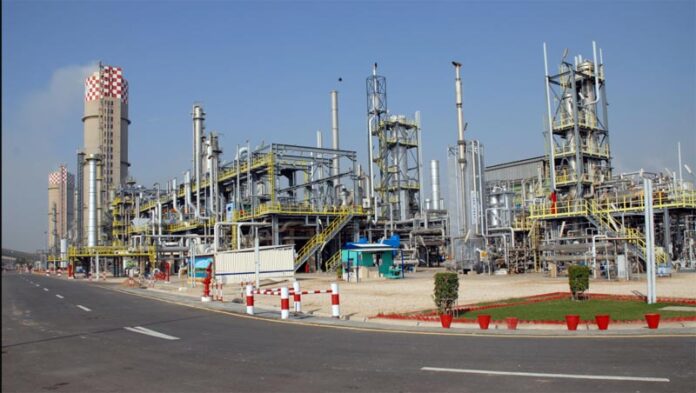The Cabinet’s Economic Coordination Committee (ECC) has expressed concerns over the impact of subsidized gas supply on fertilizer plants’ accumulation of circular debt. The issue was discussed during a federal cabinet meeting, where the stability of urea prices in the market remained a focal point.
The Ministry of Industries and Production highlighted that uninterrupted gas supply to Fatima Fertilizer and Agritech had been directed until December 15, 2024, following an earlier ECC decision ratified in August. A cabinet committee, led by the Deputy Prime Minister, was tasked with proposing measures to stabilize urea prices and mitigate challenges in the agricultural sector.
During the committee’s deliberations, it was revealed that the domestic urea production capacity of 6.25 million metric tons per year could meet Rabi season demands. However, a potential shutdown of Fatima Fertilizer and Agritech could create a shortfall of 420,000 metric tons, necessitating imports costing $169 million and a subsidy of Rs22.45 billion to align imported urea prices with domestic rates.
The committee directed the Petroleum Division to negotiate with fertilizer manufacturers to enhance gas tariffs by Rs200 to Rs300 per MMBTU. Two proposed tariff options, Rs1,800/MMBTU and Rs2,000/MMBTU, were presented, with the potential to generate additional monthly revenue of Rs466 million and Rs932 million for SNGPL, respectively.
However, the fertilizer industry resisted these increases, citing operational challenges. Consequently, the Petroleum Division agreed to maintain the existing gas tariff of Rs1,597/MMBTU for the two plants until December 15. The Ministry of Industries and Production and the Petroleum Division were tasked with negotiating uniform gas prices with the entire fertilizer industry to address market distortions caused by differential pricing.
Prime Minister Shehbaz Sharif sought clarity on gas pricing recommendations, prompting discussions on the diverging views between government divisions. While some advocated for fertilizer exports, others emphasized domestic stability. The Deputy Prime Minister reiterated the importance of managing supplies and prices carefully to avoid disruptions.
Cabinet members stressed the need for uniform gas pricing across all fertilizer manufacturers to prevent favoritism and market distortions. However, officials clarified that existing differential pricing stemmed from binding long-term contracts.
The cabinet ultimately directed the Petroleum Division and the Ministry of Industries and Production to finalize negotiations for uniform gas pricing, with the committee set to reconvene shortly to resolve the issue. The discussions aim to balance agricultural demands, stabilize urea prices, and mitigate the financial impact of gas subsidies.
























